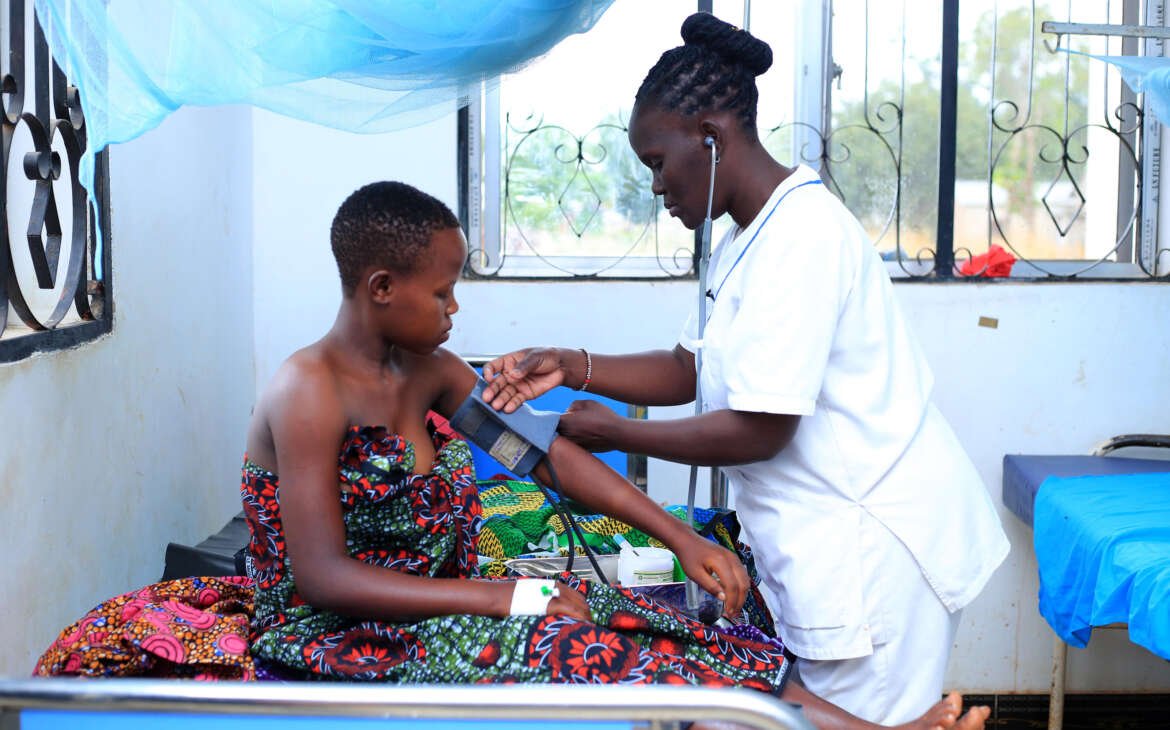According to WHO Health is a fundamental human right, it is important to improve access to and availability of essential medicines, medical products, and diagnostics. The right to health for all people means that everyone should have access to the health services they need, when and where they need them, without suffering financial hardship. No one should get sick and die just because they are poor, or because they cannot access the health services they need.
Good health is also clearly determined by other basic human rights including access to safe drinking water and sanitation, nutritious foods, adequate housing, education and safe working conditions. The right to health also means that everyone should be entitled to control their own health and body, including having access to sexual and reproductive information and services, free from violence and discrimination.
Everyone has the right to privacy and to be treated with respect and dignity. Nobody should be subjected to medical experimentation, forced medical examination, or given treatment without informed consent.
That’s why WHO promotes the idea of people-centered care; it is the embodiment of human rights in the practice of care. When people are marginalized or face stigma or discrimination, their physical and mental health suffers.
Discrimination in health care is unacceptable and is a major barrier to development. But when people are given the opportunity to be active participants in their own care, instead of passive recipients, their human rights respected, the outcomes are better and health systems become more efficient. We have a long way to go until everyone – no matter who they are, where they live, or how much money they have – has access to these basic human rights.
The central principle of the 2030 Agenda for Sustainable Development is to ensure that no one is left behind. Bon-pro’s dream and aspiration is for all countries to respect and protect human rights in health – in their laws, their health policies and programs.
We must all work together to combat inequalities and discriminatory practices so that everyone can enjoy the benefits of good health, no matter their age, sex, race, religion, health status, disability, sexual orientation, gender identity or migration status.




